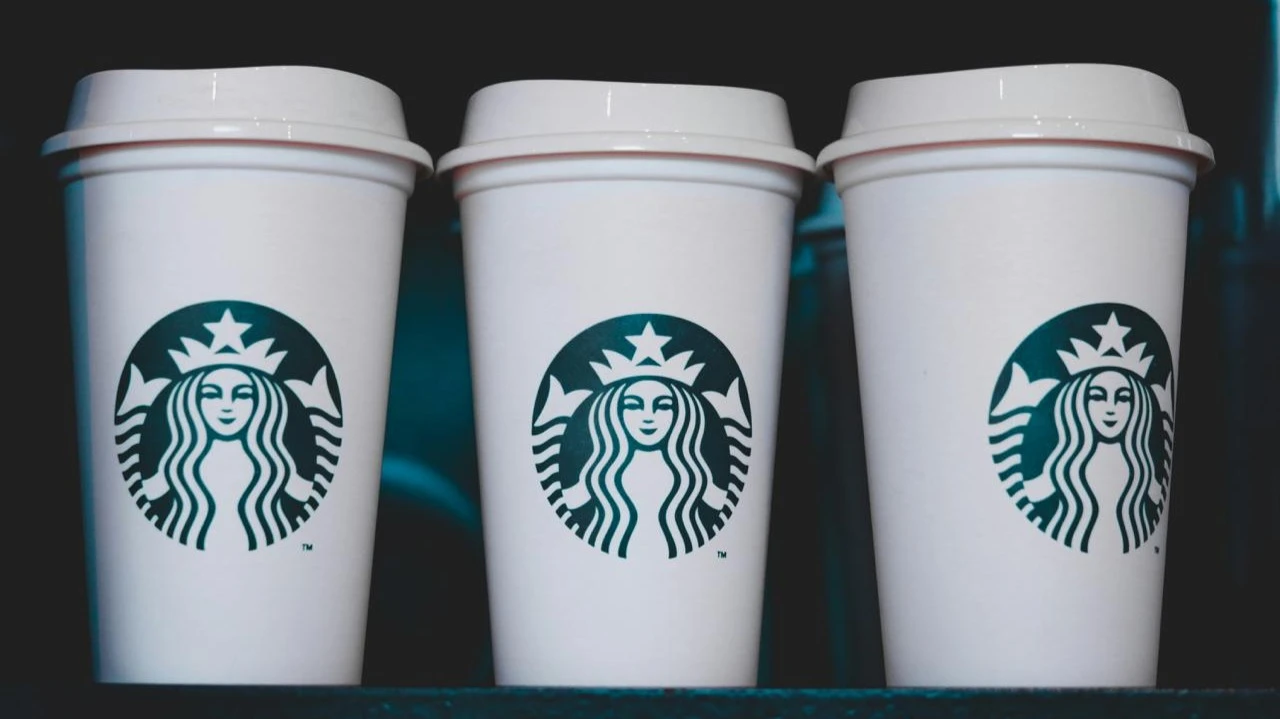'Unreasonably expensive stock'. Jefferies advised investors to exit Starbucks
The main driver of the pessimistic valuation was the coffee chain's business in China

Analyst Jefferies worsened the rating of shares of the global coffee chain Starbucks to the recommendation "sell" and predicts a fall in quotes of the company by almost 20%. The investment bank believes that market expectations are too far from the real fundamentals of the coffee chain, especially given the weak business prospects in China and the lack of marked improvements in sales and margins. But Wall Street is generally divided on the company's future prospects.
Details
Jefferies analyst Andy Barish downgraded Starbucks shares from Hold to Sell, reports Barron's. He left the target price unchanged at $76, which implies a drop of about 18% from the company's July 16 close.
The main reason for the pessimistic assessment of Jefferies was Starbucks business in China, notes Barron's. The company is considering selling a stake in it with a valuation of up to $10 billion amid increased competition from local coffee chains, sources told CNBC. Starbucks officials confirmed to the channel that they are looking for a strategic partner but want to retain a controlling stake of about 30%. Jefferies believes that the possible sale is already embedded in Starbucks' quotes, and the company's Chinese business is actually worth $2-2.5 billion due to high competition, even if the most favorable options are taken into account.
Barish emphasized that Starbucks' stock is "unreasonably" priced above its peers: its price-to-earnings multiple, which reflects the ratio of price to projected earnings, is about 38, compared with an average of 24 for peers. "We believe [market] expectations are too far ahead of reality: there is no compelling evidence (either in terms of comparable sales or margins) of meaningful, long-term improvements in business fundamentals. That said, Starbucks faces significant near-term investments in people and technology, which could pressure earnings and profitability," Barish said in the note, whichis cited by CNBC.
He also drew attention to the coffee chain's controversial strategic priorities: instead of developing cold drinks and drive-thru outlets as competitors are doing, Starbucks is still focusing on hot drinks and in-store service, which looks risky in the current economic climate.
The market forecasts on quarterly results of Starbucks analyst Jefferies called overstated, although the company says the first signs of improvement in sales and operations. On average, Wall Street analysts expect sales to decline 0.2% quarter-on-quarter, while Jefferies' forecast calls for a 1% decline. Starbuckswill release its fiscal 2025 third-quarter report on July 29 after the market closes.
What about the stock
In trading on July 17, Starbucks shares fell 2% to $90.5. That marked their lowest in three weeks, but then they recovered nearly all of the decline during the trading session. Since the beginning of the year, the company's market value is up 1.2%. For comparison: the main U.S. stock index S&P 500 for the same periodadded about 7%.
What others think
TD Cowen analyst Andrew Charles is of a similar opinion: healso advised investors to sell Starbucks securities, and left the target price at $90 - almost 3% less than the current one. Charles, like his colleague Barish, said Wall Street is too optimistic about the coffee chain's stock and pointed to deteriorating consumer perceptions of brand quality and value.
Conversely, BTIG analyst Peter Saleh, in Julylisted Starbucks as one of the best investment ideas for the next 12 months. His target is $105 a share, which implies 13.5% growth. Saleh acknowledged that the company's business recovery has been slower than investors expected, and the stock rose modestly in the first half of the year. Nevertheless, he is confident that the improvements are there and they will set the stage for serious comparable sales and earnings growth in 2026 and beyond. The analyst believes the recovery trajectory is now more likely to show up by the end of 2025 and the first half of next year. "Yes, it's later than we expected six months ago, but we remain confident that it will be a catalyst for growth in equities when the shift occurs," Saleh wrote.
Wall Street's opinion on Starbucks stock is almost equally divided: about 43% of analysts who rated it are recommending buying it (Buy and Overweight), while 46% are neutral (Hold). The rest advise selling (Sell and Underweight). The consensus target price is nearly $93.6, implying an upside of about 1%.
This article was AI-translated and verified by a human editor
